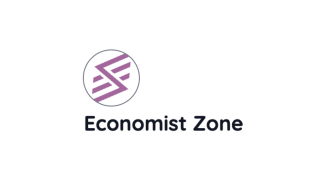
Economist Zone: What Advice from Behavioural Economics Has Been Effective in Policy Or Financial Strategy?
Founder Principal, Limestone Financial Group
Implement Nudge Theory for Savings
Nudge theory, a concept from behavioral economics, suggests that making small changes in the way choices are presented can lead to improved decision-making among individuals. For example, when companies automatically enroll employees in savings programs, with the option to opt out, there tends to be a higher participation rate. This gentle push towards saving helps in increasing the retirement funds of employees without requiring them to actively make that choice.
The success of this approach in enhancing savings rates underscores the influence of subtle prompts in financial planning. If you're in charge of a benefits program, consider implementing default options to facilitate better financial decisions for your team.
Use Loss Aversion for Tax Compliance
Incorporating loss aversion, a behavioral economics principle, into policy-making can significantly enhance the efficiency of tax collection. When tax strategies are designed to make the possibility of loss more prominent, taxpayers are often more inclined to comply in a timely manner to avoid penalties. By repositioning tax deadlines and penalties in a way that highlights potential losses, policymakers can drive quicker and more consistent tax remittance.
This understanding of human behavior has been successfully applied to improve compliance rates and boost revenue for governments. Explore adopting loss aversion tactics in your tax strategies to optimize collections and compliance.

